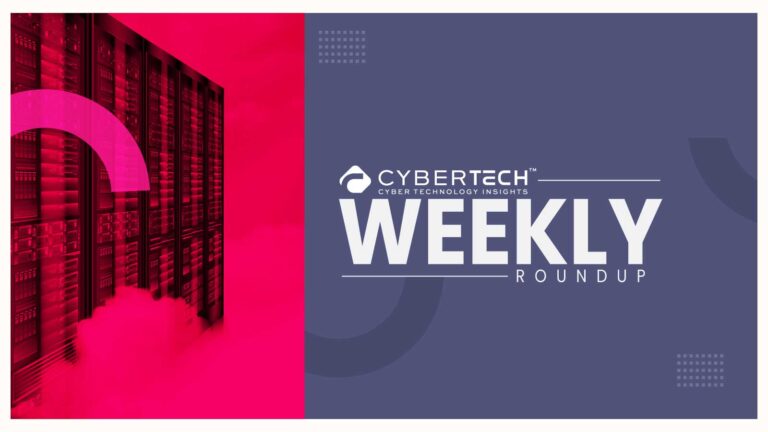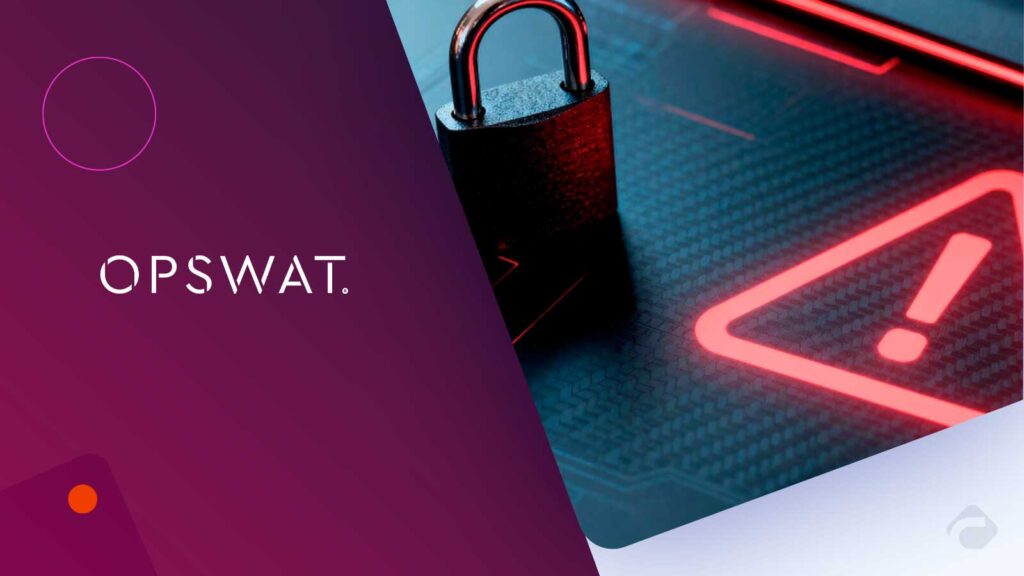In advance of the nation’s leading campaign to raise awareness for all things cybersecurity, NINJIO cybersecurity awareness training is joining the Cybersecurity and Infrastructure Security Agency (CISA) and the National Cybersecurity Alliance (NCA) to ensure that Americans have the knowledge and resources they need to stay safe online. At a time when sophisticated AI tools are being deployed by cybercriminals on an increasingly large scale, it’s more important than ever that companies take cybersecurity seriously, and empower their employees with evolving information and materials to defend against cyber threats.
Read CyberTech News : EtonGPT™: World’s First Generative AI Platform for Family Offices
For participating companies and the general public, during the month of October NINJIO will offer its “Stay AI Aware Pack” for free. The pack includes four AI-related AWARE episodes and an accompanying tip sheet with key takeaways; an infographic poster with important facts about generative AI; and the Gen AI Pyramid—a tactical cut-out learning device with the three biggest points about AI cybersecurity awareness.
We’ve entered an era in which employees can no longer trust their own eyes or ears
“We’ve entered an era in which employees can no longer trust their own eyes or ears, so the ability to identify suspicious activity and accurately assess legitimacy has never been more important,” says NINJIO founder and chairman of the board, Zack Schuler. “As a result, the core principle that CISOs must emphasize is to verify before you trust. That overarching theme will underpin every human response to the threat landscape moving forward, and we hope to show employees how to do this with our ‘Stay AI Aware’ campaign.”
While advancements in generative AI have enabled more creativity, boosted productivity, and unlocked business value, it can be easily exploited to create convincing deepfakes, generate malicious phishing emails, or produce fraudulent content that manipulates public opinion and deceives individuals. The sophistication and realism of AI-generated outputs make it increasingly challenging to distinguish between genuine and fake information, thereby heightening the effectiveness of cyberattacks and misinformation campaigns. Even low-quality efforts like cheapfakes or poorly prompted phishing copy have proved effective against the public.
Adds Schuler: “Cyberattacks are rising, the cost of data breaches is surging, and social engineering tactics like phishing remain the most common initial attack vectors. The development of a robust awareness training program is critical, and these programs must account for the full range of tools and strategies that cybercriminals use—and AI is quickly gaining steam. We are grateful to be part of an industry that continues to rise to the challenge as the threat landscape gains velocity, and we hope that our campaign raises awareness from boardrooms to living rooms.”
To share your insights, please write to us at news@intentamplify.com








